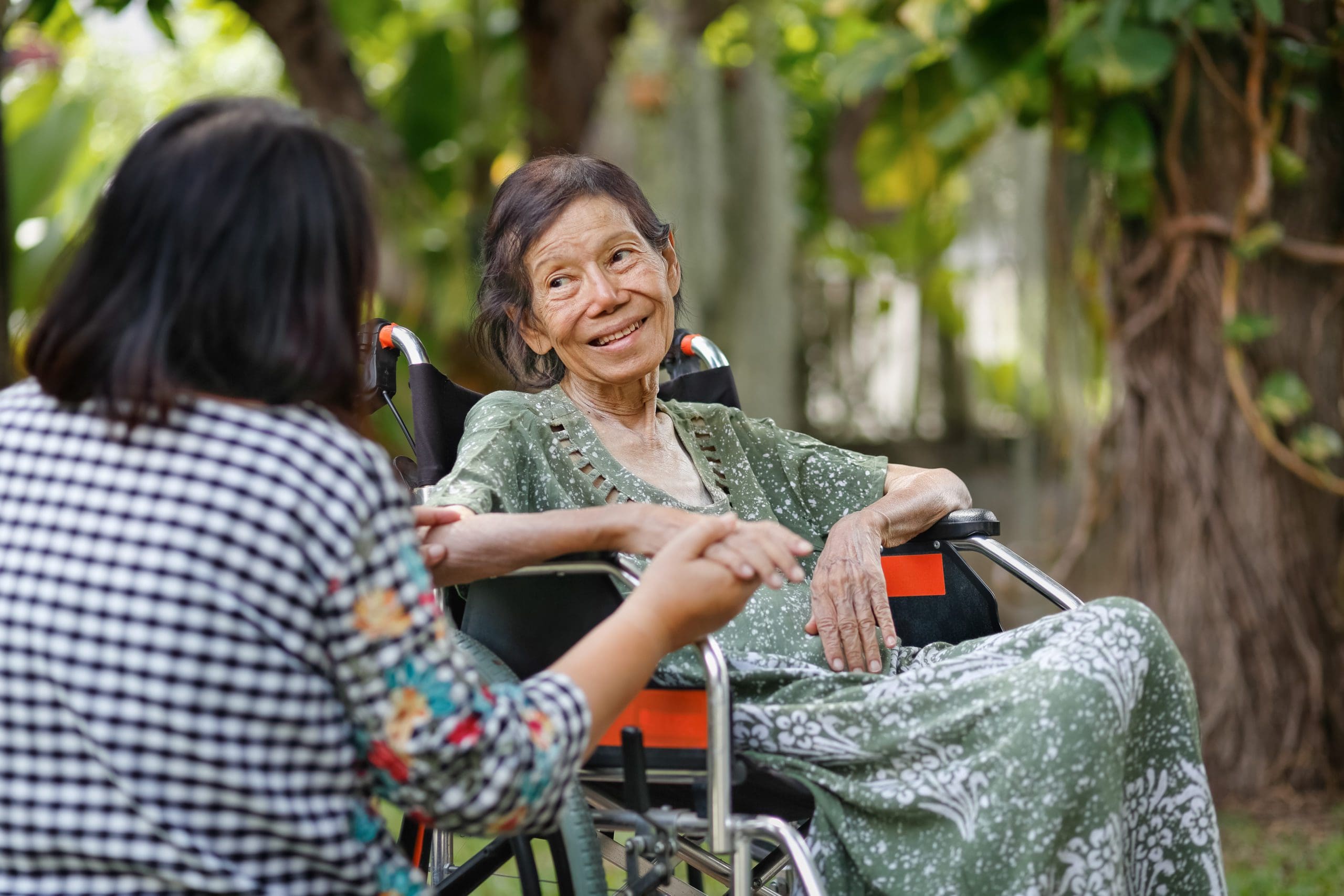Living with a disability can make it more difficult to remain independent, but it’s possible with the right knowledge, resources, and strategies in place. In this blog, we’ll cover various considerations you need to take into account if you want to continue living an independent life while dealing with a disability.
We’ll discuss important topics like finding and securing funding sources that meet your needs and tips for navigating through everyday tasks such as shopping or meal preparation without assistance from others. With each topic covered, you will gain valuable insight into how even small steps toward independence can have a big impact over time.
Contents
Understanding Your Disability: The First Step Toward Independence
Before taking meaningful steps toward living independently with a disability, it is important to understand your condition well. If you know more about your disability and the problems it causes, you can make better decisions. Knowing any special accommodations necessary to carry out everyday activities is also important.
For example, if you have a physical disability, you may need special tools or technology to help with everyday tasks. Or, if your disability makes it hard for you to communicate well, you may need special tools like assistive devices to help you talk.
Identifying What You Need to Live Independently
Once you have a better understanding of your disability and its associated challenges, it’s time to consider the type of support and resources you’ll need to live independently. These can range from simple adaptations for your home or workplace to financial assistance that covers living expenses.
Start by listing the specific needs that will enable you to live independently. This list might include assistive technology, adaptive furniture, and personal care aides. It’s also important to consider any medical or psychological services you may need to manage your condition.
For example, if you have a physical disability requiring specialized equipment or home modifications, you may need to look into funding sources to help cover the costs. You may also want to learn more about your state’s special programs or services for people with disabilities.
Accessing Medical Resources
Having access to quality medical care is essential for anyone managing a disability. It includes primary and specialist care and any additional services or resources.
If you need help finding the right medical provider, consider contacting your doctor or case manager about potential referrals. You can also look into local independent living centers that can provide information about your area’s medical resources.
You can also look into national organizations that specialize in providing resources and support for people with disabilities. This way, you can get the care and support you need to stay independent.
Securing Financial Resources
Financial resources are essential for anyone with a disability, as they can help cover the costs of necessary medical treatments, equipment, and home modifications. Depending on your financial situation, you may be eligible for Social Security benefits or additional state or federal government programs.
It’s also important to consider other funding sources that may be available, such as disability grants or loans from nonprofit organizations. Many programs can provide financial assistance for medical treatments and equipment, personal care aids, transportation costs, etc.

Daily tasks like shopping, meal preparation, and transportation can be challenging for anyone with a disability. Fortunately, several resources can help make these tasks easier.
For example, consider home delivery services or online grocery stores if in-person shopping is difficult. You could also explore options like personal care aides who can assist with daily tasks and errands.
Finally, consider transportation options like specialized transit services or mobility aids that can help you get around your community safely and independently.
Building a Support System
Finally, building a strong support system is essential for anyone with a disability. It includes family members, friends, and others who can assist and understand. Finding a dynamic support network that understands your specific needs and challenges is also important.
By reaching out to these people, you can build a community of individuals willing to support you on your journey. If you need help finding a local support group, there are many online resources available where you can connect with people who have similar experiences.
What If You Need More Help?
Living with a disability can be challenging, but many resources are available to help you live independently. If you need more help, don’t hesitate to ask. Some organizations and individuals are dedicated to assisting people with disabilities in obtaining the required services and support.
You can also seek professional help if you have difficulty managing your disability. A qualified therapist or counselor can provide the necessary tools and resources to navigate this journey.
You can also consider facilities such as assisted living homes or nursing care centers if you need more specialized care. These facilities can offer various services to help you manage your disability.
Conclusion
Living with a disability can present unique challenges, but there are many resources to help you manage your condition. From accessing medical and financial resources to navigating daily tasks and building a strong support system, plenty of options are available to help you live a fulfilling and independent life.

